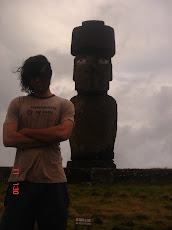In Los Altos, however, the city council appears to have quite literally forgotten its jurisdiction. At its last meeting two weeks ago, the council debated and voted on the future of the Grant Road farm, which, for those of you keeping track at home, is in Mountain View.
Council member Lou Becker, casting a dissenting vote, put the objection much more politely than I might have:
"My concerns are (that) I don't want to give them an impression that we're trying to tell Mountain View what to do. The decision is really totally theirs."Of course, Los Altos has been telling Mountain View what to do for years, just not so blatantly. One of the few things I took from the Voice when I left was a copy of a college paper written by Nick Perry called "Exclusion across El Camino." It documents how land use policies (particularly minimum lot sizes) have enabled Los Altos to remain a wealthy bedroom community while Mountain View, among others, have struggled to survive as full-service cities in the face of rising housing costs (wrought in large part by Proposition 13, but that's for another rant).
This is particularly relevant now with a "slow-growth" majority on the Mountain View council. "Not-In-My-Backyard" mindsets may have a lot to do with that change in Mountain View. But I think that Los Altos' consistent refusal to do anything other than pat itself on the back for adding a condo here or there is largely ro blame. Viewed from that perspective, Mountain View's political climate becomes easier to explain (and defend) as "Not-Just-In-My-Backyard."
My favorite line in Perry's paper, by the way, comes from the introduction: "Where the sidewalk ends, Los Altos begins." It doesn't quite work as an insult, given the tenor of Shel Silverstein's poem. But it might at least explain why the Los Altos City Council got confused about the farm.










